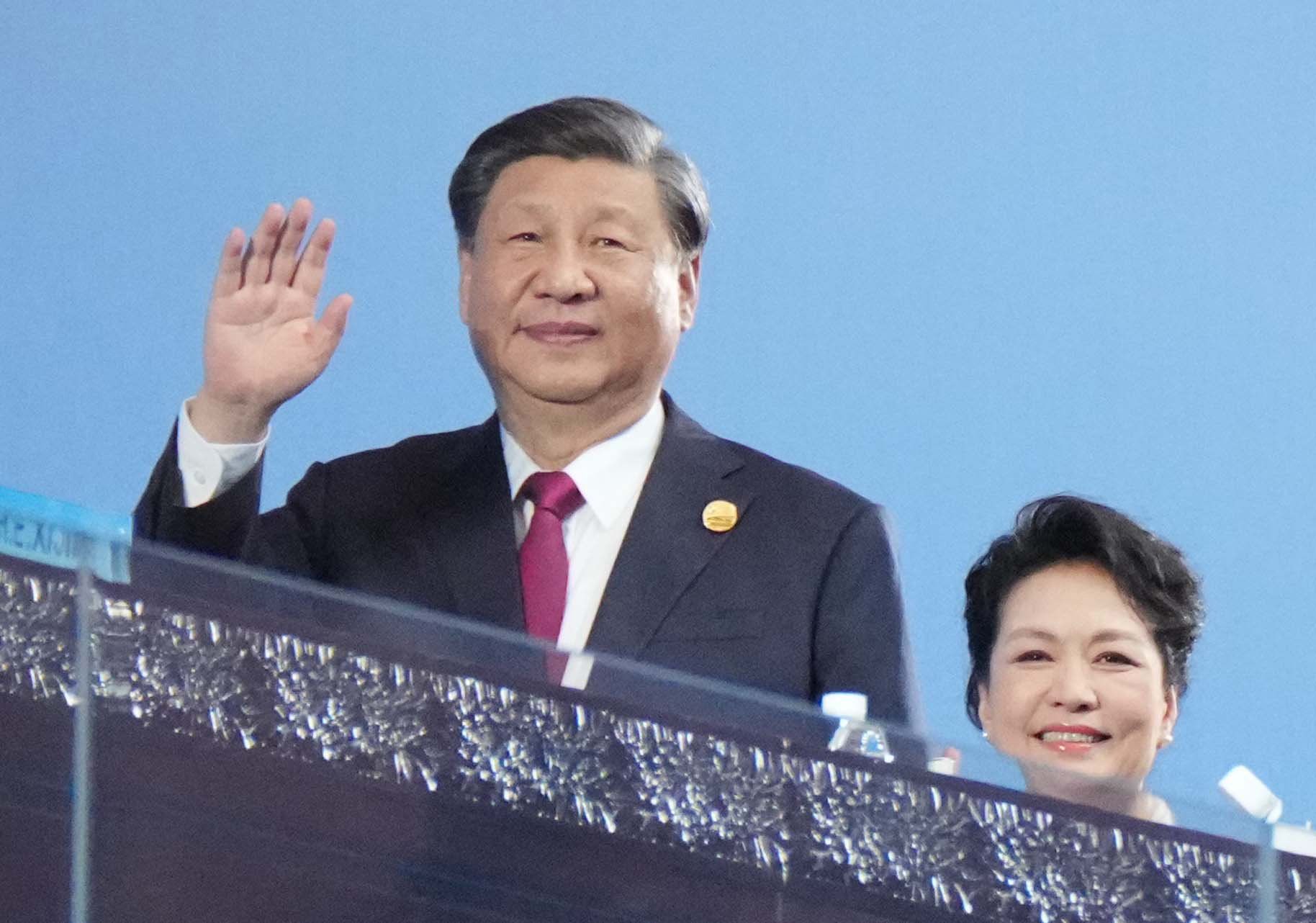If the conversation is free-flowing – or as close to that as the party leadership gets – they’ll have plenty to talk about. China’s post-COVID economy is still stumbling. Its relations with Russia, Europe, and the United States have only become more complicated since last year’s meeting. (Xi is dispatching a special envoy to this weekend’s Ukraine war summit in Saudi Arabia.) A rumored scandal appears to have forced Xi to fire his handpicked foreign minister. He also recently replaced the leaders of the military’s nuclear missile force, a rare and unexplained move. And a typhoon, which created China’s heaviest rainfall in 140 years, has created a flood emergency across much of the country’s north. Tens of thousands near Beidaihe have been evacuated, but the resort itself appears unaffected.
But when discussing these recent events and problems, will President Xi welcome a free exchange of views? This is a leader who has amassed power on a scale China hasn’t seen in half a century. Publicly, any reported news from Beidaihe will be limited to assurances of confidence and unity from the top of China’s pyramid. Any private differences of opinion are almost certain to remain a secret.
More For You
1,170: The number of high-rise buildings in Kyiv that were left without heating following a barrage of Russian attacks last night on Ukraine’s capital and its energy facilities, per Kyiv Mayor Vitali Klitschko.
Most Popular
What We’re Watching: US critical minerals summit, Rafah crossing reopens, Border violence in Pakistan
U.S. President Donald Trump and Japanese Prime Minister Sanae Takaichi hold up signed documents regarding securing the supply of critical minerals and rare earths, at a bilateral meeting at Akasaka Palace in Tokyo, Japan, October 28, 2025.
Representatives from the European Union, United Kingdom, Japan, and others will meet in Washington this week to discuss a strategic alliance on critical minerals.
Hard numbers: Large protests in Czechia, UAE-linked firm has large stake in the president’s company, & More
80,000: The number of people estimated to be in the streets of Czechia on Sunday to show their support for President Petr Pavel after he blocked the nomination of an environmental minister who performed the Nazi salute and posted Nazi memorabilia.
The US has started handing $1,000 to the bank accounts of newborn babies. But can policies like this one help boost sagging birthrates in advanced democracies?
